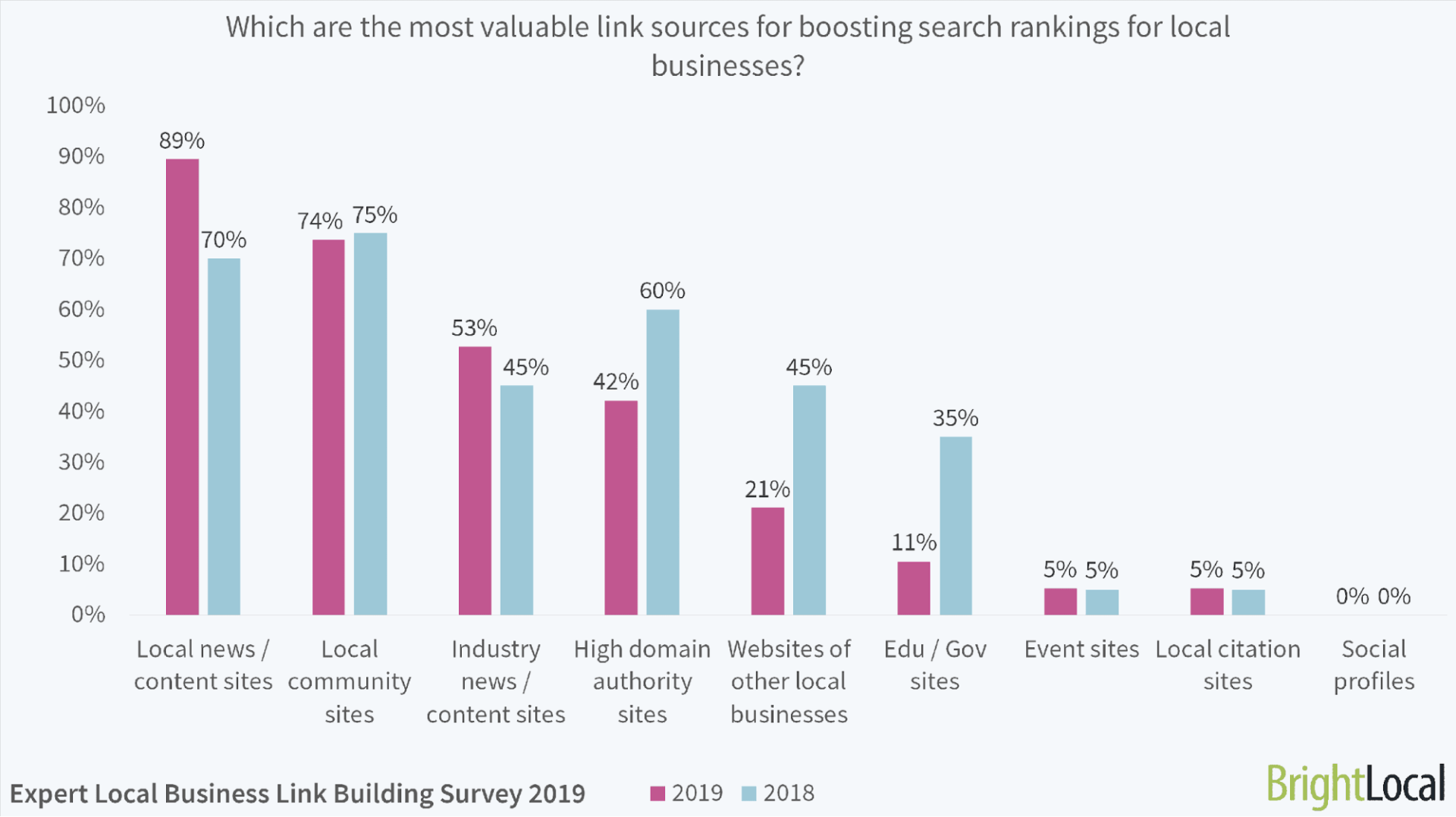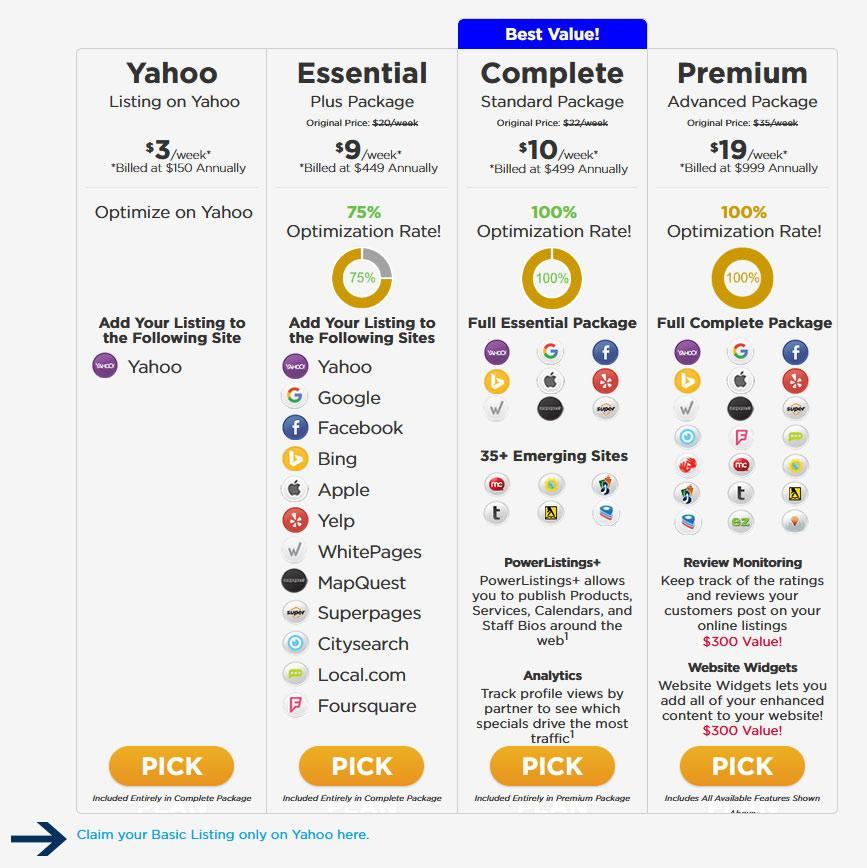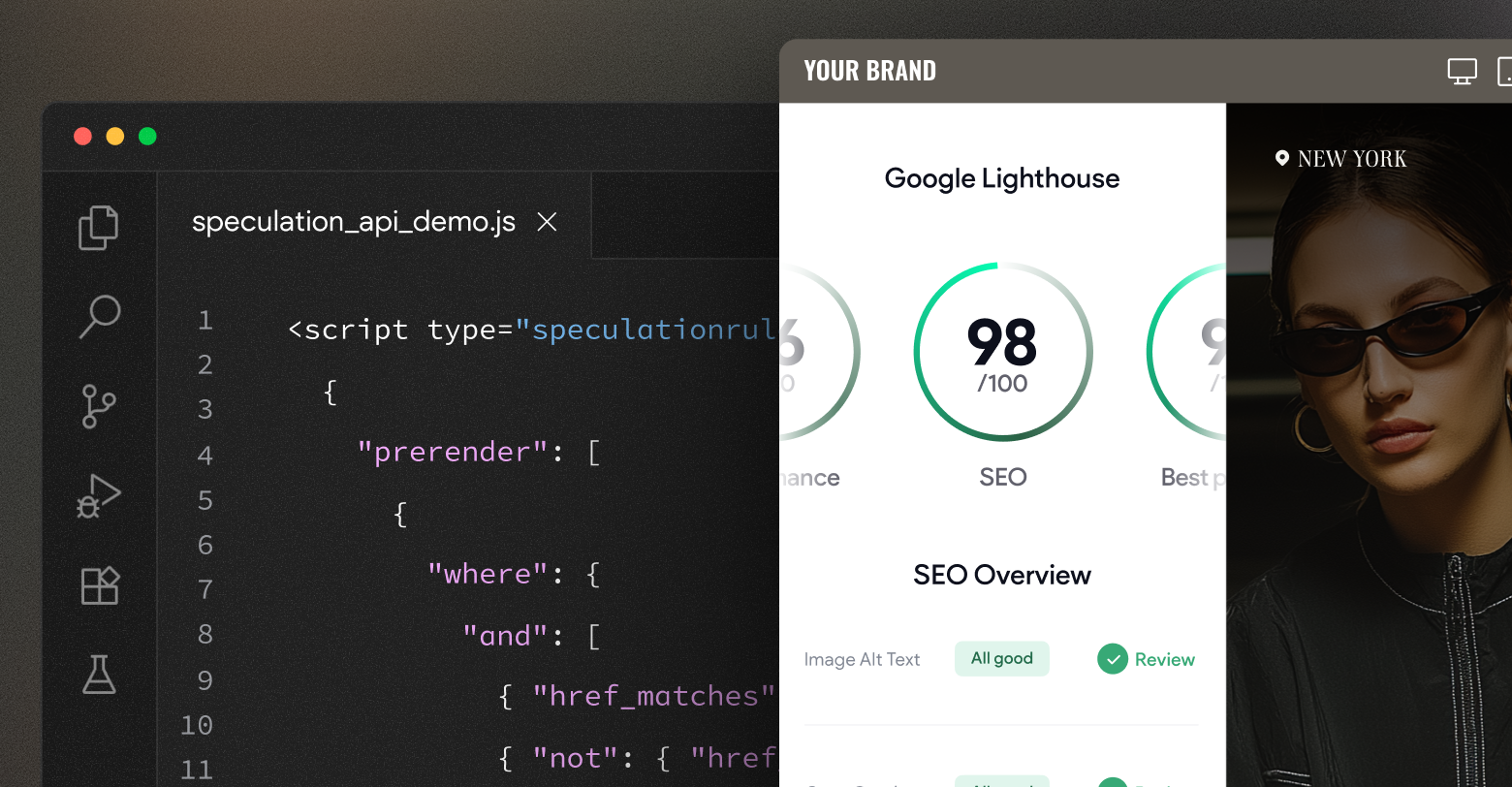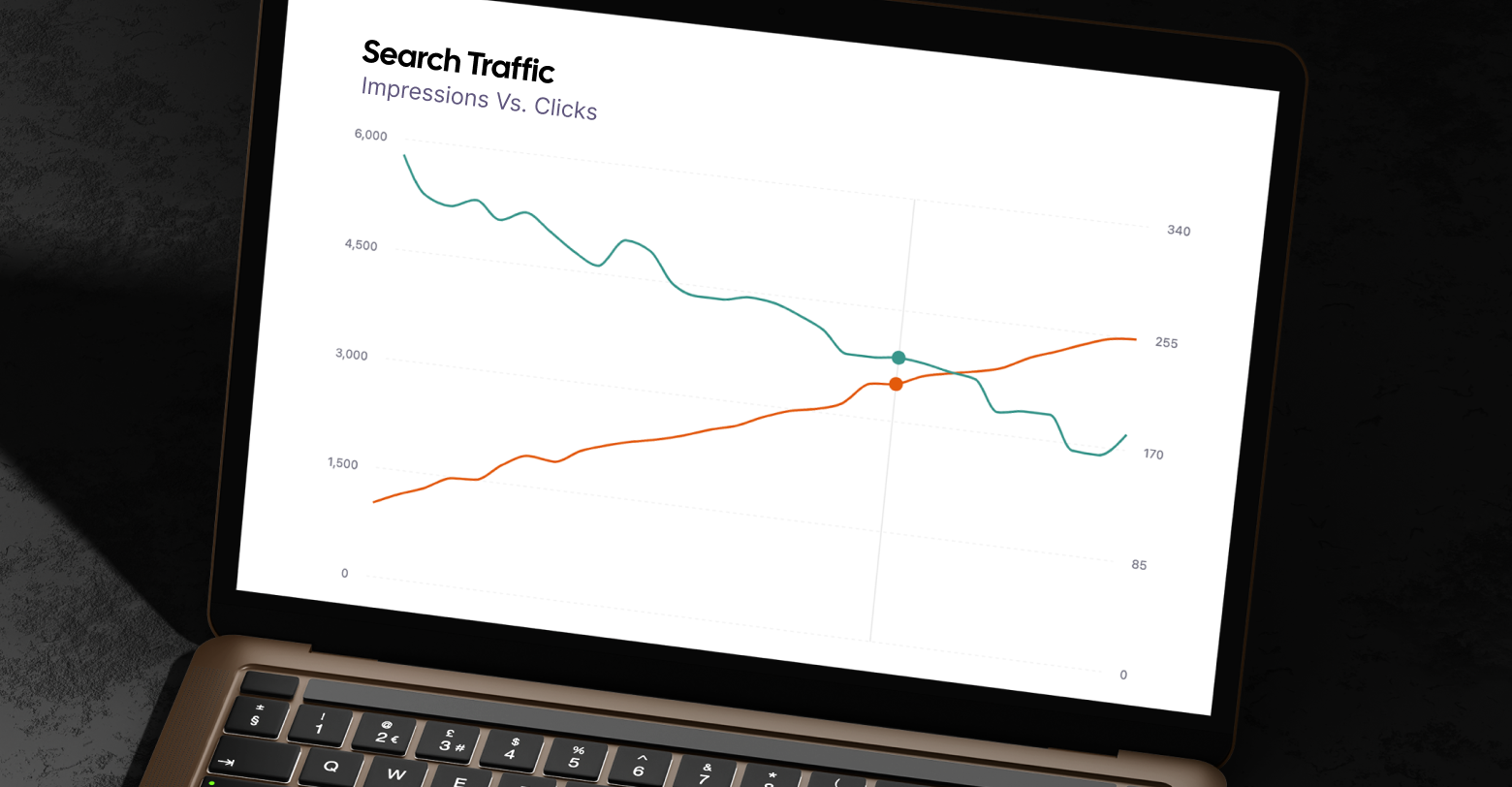In the fast-moving world of
SEO, the way that local businesses are ranked in search results is ever-changing. We all want our business to appear at the top of the list, right? But Google (and others!) wants to make sure that people don’t game the system and only reputable businesses rise to the top.
For many years, one important ranking factor for search engines was the number and quality of external citations to websites. These local listings are still important factors for visibility and local search engine optimization, but they are not quite as powerful as they used to be. Today, Google seems less reliant on data aggregators as it increasingly uses intelligence from local community and industry websites to assign rankings. But local citations should still be explored to ensure your website and local business listings are fully optimized!
WHAT IS A LOCAL CITATION?
A local citation is any online mention of a business name, phone number, address, zip code, and website address (NAPW). These citations can exist on local business directories, social platforms and profile pages, blogs, news sites and other places with information on local businesses.
WHY ARE CITATIONS IMPORTANT?
There are lots of reasons local citations are matter for online marketing, but here are a few of the most important:
- They help people discover your business online.
Citations make your company visible on platforms where your customers search, so they will be able to find useful and accurate information for your business.
- They help your business rank higher in local search queries. Local citations also ensure that search engines like Google and Bing get the correct information about your company, and that your products and services rank well on search engine results pages (SERPs). The better-quality local citations you have, the more search engines will recognize your site as a reputable business. Building the reputation of your website can increase traffic and help it rank higher in search results. Local directory citations also provide backlinks to your website and are invaluable to local SEO. Backlinks are probably the most important factor for local search rankings!
- Protip: There are two types of links: “DoFollow” and “NoFollow”. DoFollow links to your website pass authority or “link juice” from the destination site. This signal tells search engines to trust your website as having more authority, and thus, boost your ranking. Click
this article for a great explanation on types of links.
- They help earn referral traffic. Many people are loyal to certain websites. For example, foodies are on Yelp and brides-to-be are on The Knot. Many of these people search directly on these sites before they go to Google. Also, sites like Yelp, Yellow Pages, or Thumbtack tend to consistently rank high for many local searches. As a small, local business, it's difficult to beat them, but you can join them! Having your business listed in these kinds of directories might refer more traffic to your own business.
HOW ARE LOCAL CITATIONS CREATED?
Local citations can be created automatically through the use of
local data aggregators and
listing management platforms that maintain a preset list of directories. If you would like to choose which individual directories you’d like to list your business information on, there is always
manual citation submission.
Let’s quickly take a more in-depth look at these three different methods for creating local citations.
1. Local Data Aggregators
Local data aggregators are companies that gather and distribute local business data to third-party directories, mobile apps, GPS services, and mapping services. The main data aggregators are:
- Data Axle provides business data to search engines, navigation systems and location-based apps. Business data can be submitted through ExpressUpdate and BulkUpdate platforms.
- Neustar Localeze is a data aggregator for small businesses. It provides businesses with the tools to verify and manage the identity of their local listings. Business data can be submitted on the Neustar Localeze website or though the corresponding Duda app.
- Factual relies on a network of trusted data contributors that help to validate, aggregate and ensure the ongoing accuracy of core business attributes. Factual does not allow the submission of businesses listing information directly. It has to be done through one of their partners. One way to submit your information successfully is by using the Uberall app found in the
Duda App Store.
2. Listing Management Platforms
In addition to local data aggregators, there are also listing management platforms that can automate the process of listing your site on local databases. These platforms include
Yext,
Synup,
Uberall,
BrightLocal,
Moz and many more. These real-time listing management platforms send the submission to many directories automatically and simultaneously. Once the business information (NAPW), images, videos, and posts are entered in a dashboard, the data is automatically pushed to the respective publishers.
All of the above platforms submit to multiple citation sites and local databases, but some more than others. Yext submits to over 65 sites, Uberall to over 50 sites, and so forth.
3. Manual Citation Submission
If you want to pick the specific sites you submit your business information to, then this is the type of submission for you. In many cases, the listing management platforms submit your information to websites that are more general and do not apply to all industry specific sites. Manual submission can be time consuming, but can make a greater difference if you want to be found in niche directories.
Although you usually have a greater impact when you submit your listings manually — since you get to pick them yourself — it is labor intensive and sometimes these listings do not accept manual entries. So, the next best thing is to do it through a listing management platform. In our research, we found Uberall to be one of the best-in-value options for local businesses as they offer postings to Google, Facebook, and other local directories, as well as the ability to respond to customer reviews as part of their top-tier package. Yext is a bit pricier of an option. For businesses with lower budgets, Neustar Localeze is an excellent choice. Both Uberall and Neustar are available as fully-integrated apps in Duda.
Building the right types of Local citations for your business
As mentioned above, there are several types of citations available for your business. So, let’s take a moment to walk through the different types and how they affect your rankings. Of course, there will be some variation based on the size of your business and industry, but these are generally listed in order of importance for small, local businesses.
Local News & Community Citations
A
study from BrightLocal shows how local news and content sites have a greater impact on local search ranking than other factors.
In a similar way,
Local Business First compared 4 HVAC companies in an attempt to determine the greatest factors in ranking for these 4 local businesses. This is what we found:
- The sources of the links matter — the company with the highest number of links did not rank the highest when the domain authority and reviews are comparable. It appears that the percentage of links from local sites and the number of referring domains play a role in both local and organic ranking.
- The number of links from community sites
trumps the high score reviews. The company with a high number of links from local community sites had only 3 reviews with an average of 2 stars. Nonetheless, it ranked higher than the company which had 12 five-star reviews, but a lot fewer local sites links.
General Citations
There are many citation providers out there. Most of them operate like this: you fill out your NAPW data (business name, address, phone number, website, opening hours etc…) in their dashboard and they send your business information to their list of directories for a fee.
Our company (Local Business First) has used Yext, Uberall, and Neustar Localeze for local directory submission. Each one sends out a different number of submissions when you use it to create local citations. Here's what those numbers look like:
- Uberall — 40+
- Neustar Localeze — 60+
- Yext — 80+
So, the real question is how effective and important are these listings for marketing? And which are worth paying for?
Not all citations are created equal! Directories with a high Domain Authority (DA) make better citations. DA refers to the number of relevant backlinks to your website from other reputable sites (1-100 score). It is a well-known fact that backlinks from high authority sites carry more weight than those from other sites. We looked at the domain authority for the top 10 directories and compared them to the
BrightLocal list from 2019. As seen in the table below, Google My Business and Foursquare have decreased a bit in authority, but overall, the big players stay the same.
To better understand which local citations are more important, Local Business First performed a study using 20 businesses submitted through the Yext platform. And to quantify the quality of the listings, we looked at the Analytics from the Yext dashboard.
By far, Google My Business was found to be the dominant force in this category. Our data is summarized in the table below. Of ~7800 clicks in a 7-day period to a variety of businesses including restaurants, florists, electricians and other trades, website designers, accountants, and business coaches, Google my Business accounted for 95% of the clicks, Yelp 2%, Yahoo! 1.5% and Extended Network 0.7%.
Note: In this case, the
Extended Network refers to all publishers that are in your subscription offering outside of Google My Business, Facebook, and Apple. This includes a subset of the 150+ sites depending on region and vertical market.
So, the moral of this story is to make sure that your local business is listed by the heavy hitters in this category like Google My Business, Yelp and Yahoo. And as the voice assistants utilize these same engines under the covers, these listings will only increase in importance as the use of voice assistants proliferates.
Protip: Yahoo! Listing is a bit difficult to claim, since Yext is managing this listing. However, there is a way to do this for free. Go to
this link, do the scan, click “Fix My Listing Now”, then fill out the business and contact information, and click “Continue”. In the following screen, a “Claim Your Basic Listing on Yahoo” link is found in very small font at the bottom.
Industry-Specific Citations
In addition to submitting to major local business platforms, each local business should submit to industry-specific or niche publishers.
For example: attorneys, should be submitting to platforms such as Super Lawyers, American Institute Legal Counsel , AVVO, Lawyers.com and Justia.
By definition, these sites are industry specific. So, I will not try to enumerate them all here! But rest assured, there are listings for each industry, and BrightLocal has a great list of industry-specific citations to help local business owners submit their business information in the directories that would help them most. Your best bet for action is to search for local businesses in a given category and look at the providers shown. Then you can submit your business with those providers for the best results.
In Summary
Yes, local citations are important in search engine rankings, but keep Google My Business, Bing, Facebook, and Yelp at the top of the list. As the major players have gotten smarter about telling high authority websites from less significant ones, the importance of local citations has gone down. But that does not mean that they are no longer relevant! Quality citations to your business still affect the rankings and should not be overlooked when doing local SEO.
The most effective way to use citations to your advantage is to be sure to list on Google My Business, and optimize all other top directory listings including Bing and Yelp. Use local and community platforms to your advantage, and be sure to list on industry specific directories.
Related Posts
By Renana Dar
•
February 13, 2026
In this article, we’ll explore how to select the most effective DA checker for your needs and use it as a tool to enhance client success.
By Matti Bar-Zeev
•
January 13, 2026
Explore how Duda harnessed the Speculation Rules API to elevate website performance and Core Web Vitals, navigating challenges to create a faster online experience for users.
By Shawn Davis
•
October 7, 2025
Optimize client sites for AI search by focusing on technical accessibility, structured content, credibility, conversational alignment, and continuous iteration to ensure content is cited and trusted by generative AI systems.
Show More
This post was contributed to the Duda Blog by Olympia Caswell, Owner of Local Business First.












